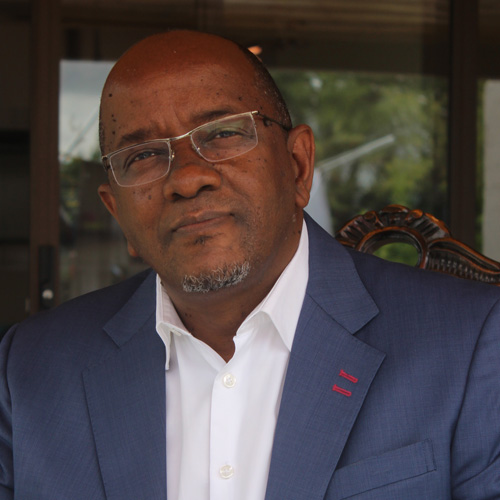Communication essential to business success – UHC
“Dynamic communication with relevant stakeholders is an essential element of business success.” – UHC.
But many businesses in Namibia including SMEs miss this chance as a result of failure to acknowledge this key strategic function within their enterprises.
Whether it is with internal stakeholders (staff) or identified external stakeholders, communication helps an organisation move forward in realising its corporate objectives and position itself for relevance amongst the very stakeholders it serves.
 This is according to the leading Namibian communications expert – Usi //Hoebeb.
This is according to the leading Namibian communications expert – Usi //Hoebeb.
“Let’s take internal stakeholders for example. How do we improve productivity amongst staff, if this important group is not kept informed of the organisation’s goals and objectives, its weekly/monthly performance on both financial and organisational levels is not communicated or indeed allow for discussions and discourse on operational issues?
“But you cannot just do this haphazardly and without a plan. Therefore, internal communication plays a vital role in improving productivity in an organization,” says //Hoebeb.
The founder of Usi Hoebeb Communications added that an effective internal communication strategy motivates performance by linking individual goals to team performance and allows for more effective daily decisions being made that are aligned to the organisation’s goals.
The above, he says, is achievable by operating from a well-thought-out strategy, developed with the above objectives in mind and rolled out with the full cooperation and buy-in of top management and the staff.
“In developing this strategy, the communication professionals would need to review whatever communications structures exist within an organisation and develop a GAP Analysis on what ideal outcome a communication activity should have.
“In our experience, we have found that these, would be very lean and not geared around meeting the internal communications goals,” he says.
On whether or not team building can be an ideal communication tool, //Hoebeb’s reply is affirmative, but not when team building activities are centered on what he terms as ‘war-games’ activities.
“Team building cannot be done on a one size fits all principle. This is based on our experience that each organisation has its unique culture and this culture is often challenged by the diversity of its workforce with each staff member bringing with him or her own personal vision and values. If these are not aligned to the organisational culture and values then disconnections on mutual expectations would exist from both the individual staff member and the organisation,” he said.
A corporate team-building exercise, he says, can initiate the re-establishment of this connection for staff and in so doing create a – Together Everyone Achieves More (TEAM) mindset.
Source – SME Spotlight

